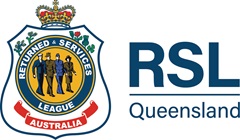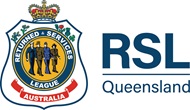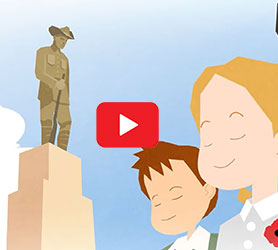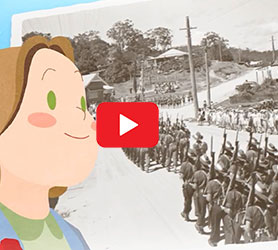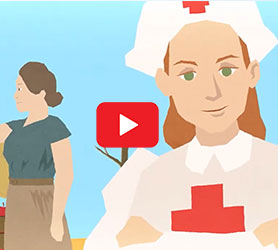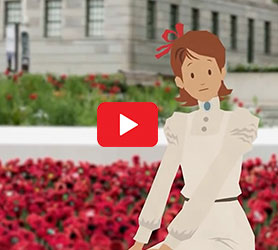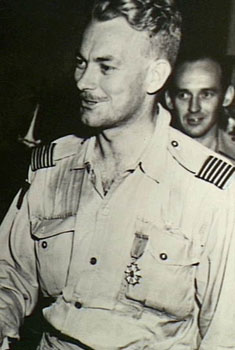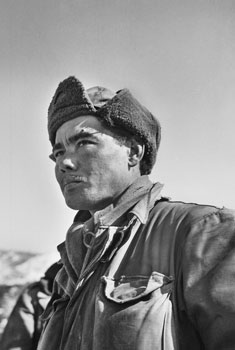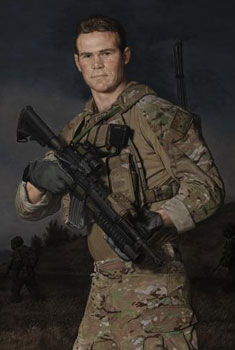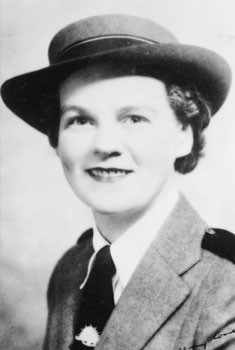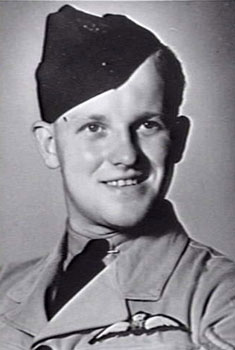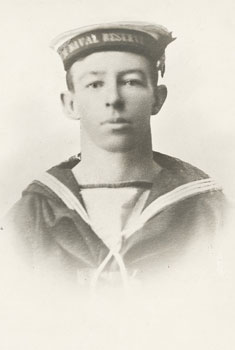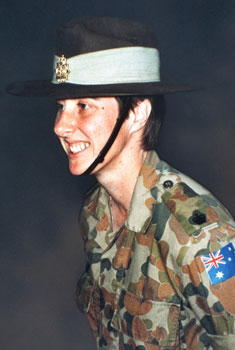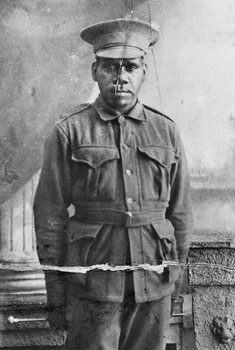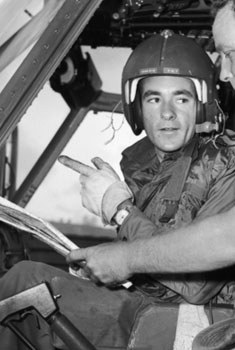Draw to Remember
RSL Queensland’s Draw to Remember initiative is a creative Remembrance Day learning and commemoration activity for primary school students.
The activity allows children to learn the significance of 11 November and express their learnings or personal Remembrance Day connections through chalk art.
Simple and adaptable, Draw to Remember is suitable for a wide range of primary school ages.
Feel free to conduct the activity in its simplest form or use the extra resources to expand children’s learning.
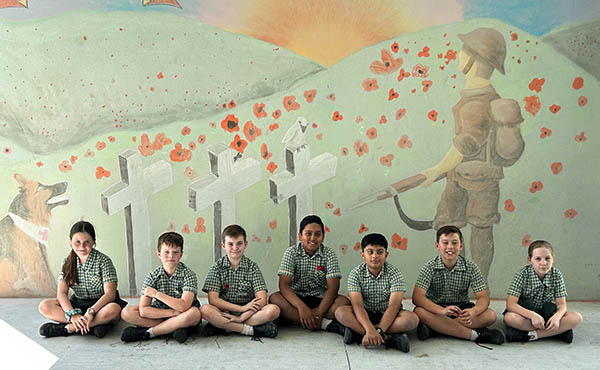
For Teachers
To help students complete the activity, participating schools will receive:
- A visit from a veteran – your local RSL Sub Branch representative – who will speak to students about Remembrance Day, then return for a ‘show and tell’ with the students once their chalk mural is completed
- A Draw to Remember pack containing:
- jumbo coloured chalk
- instruction/activity booklets.
These resources will be supplied free by your school’s local RSL Sub Branch.
For Everyone
To complete the activity at home (or print extra booklets for your school class), download and print the files below.
DOWNLOAD ACTIVITY BOOKLET HOW TO FOLD INSTRUCTIONS
Download the answers to the puzzles on page 3 of the activity booklet.
DOWNLOAD PUZZLE ANSWERS
Draw to Remember tips and ideas
Draw to Remember is designed to be flexible and encourage children’s creativity. You’re free to adapt the activity for their age and learning outcomes.
Encourage the kids to draw whatever they like, but here are some idea prompts to help them get started.
- Share or illustrate personal/family stories about Remembrance Day or military service.
- Reflect on what Remembrance Day means to them or why it’s significant.
- Write a message such as ‘Lest we forget’.
- Involve children in brainstorming or research, for example:
- What are the three branches of Australia’s Defence Force? What symbols or uniforms do they wear?
- What kinds of jobs are there in the military?
- Explore the extra resources on this page.
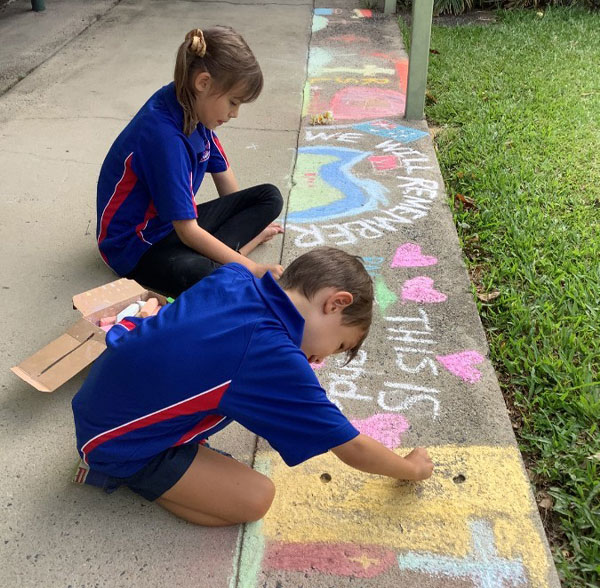
photo gallery
Check out some past Draw to Remember creations.
We'd love to see photos of you taking part in Draw to Remember. Use #DrawToRemember, #RememberToRemember and #RemembranceDay on your social media channels to share your creations. For the chance to see your photos featured on our website and/or social media, email your photos (with parents’/guardians’ permission) to marketing@rslqld.org.
Extra Resources
Here are some optional extra resources to expand children’s learning.
Remembrance Day
Remembrance Day (11 November) is a day for people to remember the service personnel who died while serving, including in wars, conflicts and peacekeeping operations.
11am on 11 November 1918 is when fighting in World War I ended.
Every year at the 11th hour of the 11th day of the 11th month, people in Australia and many other countries pause for a minute’s silence to remember those who died while in service.
Find out more
Understand why we commemorate
In this activity series, students will learn how our commemorative days came into being including activities that are conducted on these days.
100+ years on
In this activity, students will learn about ANZAC and Remembrance Day and why we commemorate these days and traditions which have lasted 100+ years.
World war I and australian society
In this activity, students will learn how World War I shaped Australia. Including the changing roles of men and women, the conscription debate and veteran support.
Poppies and ARmistice
In this activity, students learn about the importance of Poppies in Australian culture with particular reference to Remembrance Day.
How is Remembrance Day different from ANZAC Day?
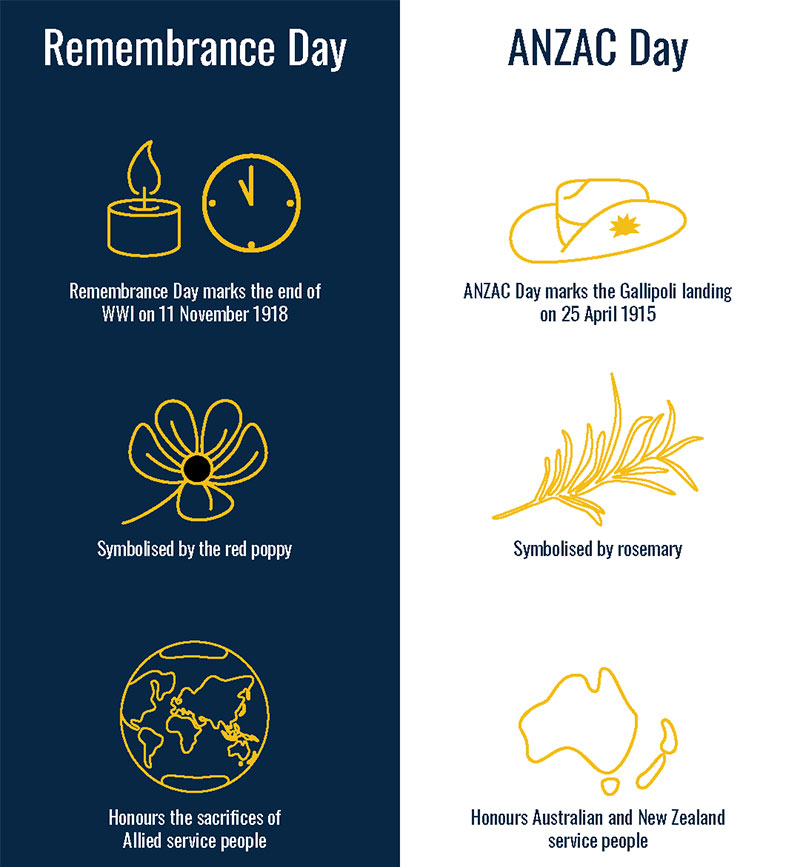
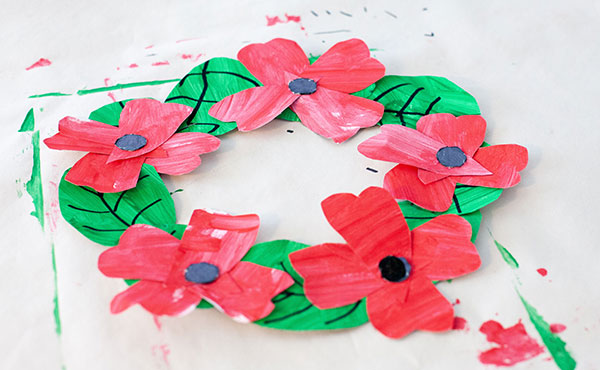
THE RED POPPY
Since the First World War, the red poppy has become a special symbol of remembrance. In many countries around the world, people wear red poppies to remember and honour soldiers who have lost their lives in war.
Make a Poppy Wreath
Learn the importance and craft that goes into creating this symbol of remembrance and create one to lay at a Remembrance Day ceremony.
Australia’s Defence Force
Australia’s Defence Force (Army, Navy and Air Force) are made up of many different people with many different jobs.
They help each other to keep Australia, and other countries, safe.
Along with soldiers, sailors and pilots, there are doctors, mechanics, builders and many more.
Someone who works (‘serves’) in the Defence Force is called a ‘service person’.
A ‘veteran’ is someone who is, or used to be, a service person.
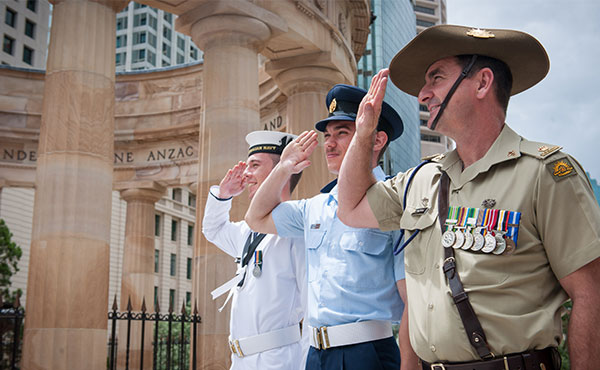
STORIES OF SERVICE
Warning: Aboriginal and Torres Strait Islander readers are advised that the following content contains the names and images of people who have died.
More than 100,000 Australians have lost their lives while serving in our armed forces.
Remembering them on Remembrance Day helps to keep their memories alive.
Here are some of the brave men and women that you may wish to remember. Click the images to read their stories.
*Images courtesy of the Australian War Memorial and Virtual War Memorial Australia.
